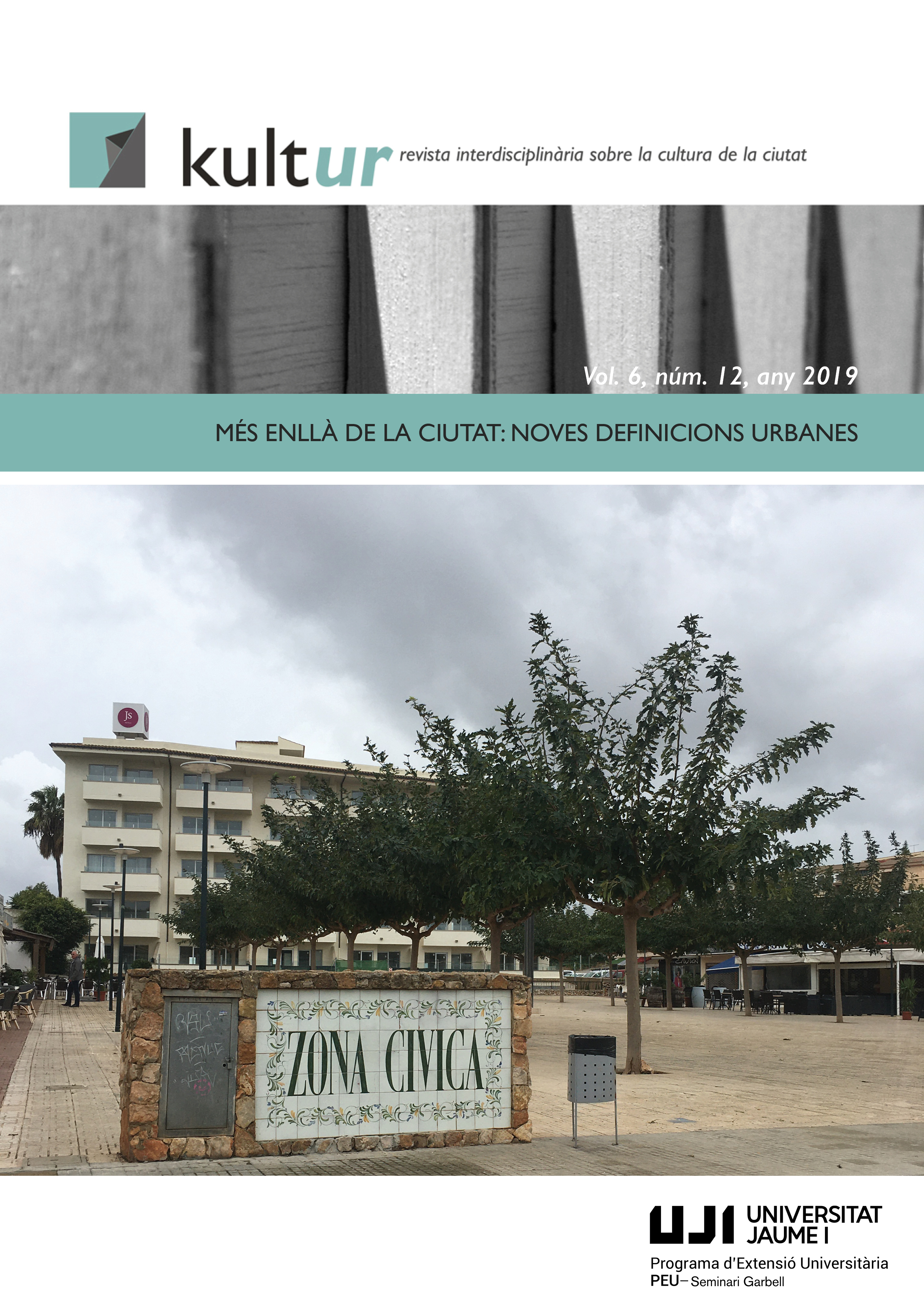Una definició fonamental que ha influït en gran part de la nostra organització mundial actual és la de ciutat. Certes definicions de ciutat, estretament relacionades amb l’ús de la terra i la propietat, hi ha sobre la base de l’organització moderna de les societats, les economies i la política del món. Amb això també va sorgir una «bretxa cultural» entre les ciutats i el camp, inclosa una bretxa de desenvolupament que sovint dóna suport al manteniment de camins de desenvolupament asimètrics i interaccions socio-ecològiques. Les concepcions formals, informals, governades, desitjades i imaginades de ciutat contribueixen a aquest procés. A mesura que la població humana global es torna cada vegada més urbanitzada; a mesura que les ciutats es tornen centrals per regular les interaccions socio-ecològiques; a mesura que els límits, les funcions i les definicions de les ciutats es tornen més borroses, és oportú renovar la comprensió del que és ciutat.
Andrea Yuri Flores Urushima & Benoit Jacquet, coord. Àgora
DOI: https://doi.org/10.6035/Kult-ur.2019.6.12
Publicades: 2019-12-31


